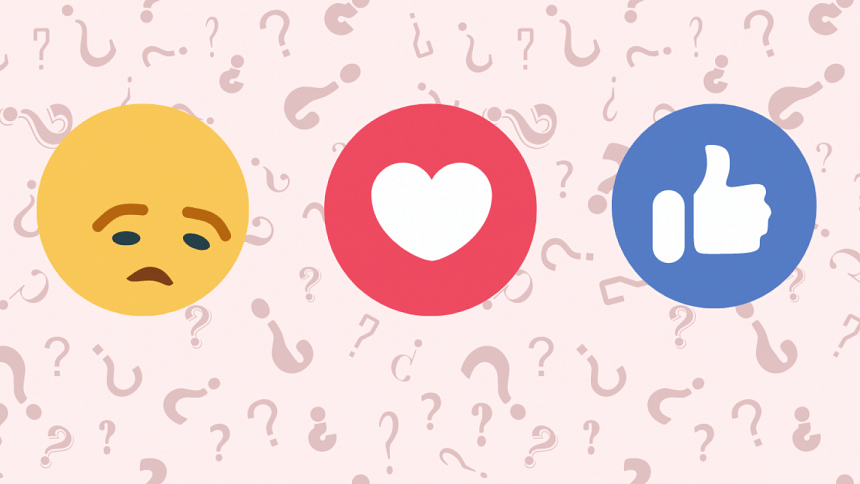On the scale of infinity, how would you rate life?

Whether travelled down from the mediaeval Latin expression "rata" or from the old French word "rate," the English word "rate," as we know it, is always associated with value: Estimated value or worth proportioned to some monetary or equivalent standard. Life would have been easier if "rate" followed two norms: Only matters quantifiable in money would have a rate (as happens in a grocery store); and the equivalence of rate could have been easily calculated/estimated/proportionated. But these rules don't work. We rate attributes, qualities, capacities, skills, works, and labours that can never be quantifiable (Cordelia in King Lear wanted to love her father equitably: "I love your majesty according to my bond, nor more, nor less").
Miscalculation of rates, a common phenomenon, gives birth to a gamut of complex emotions in our everyday life and in life in general: We feel dejected when after buying something, we find out that the same product was sold at a lower price somewhere else, and we feel particularly elated if the opposite—though rarely—happens. In short, anything we tend to value has the risk of being overrated or underrated.
For a very long time, I had problems with rates of attributes. My fairly uneventful middle-class upbringing in 1990s Dhaka, which was followed by certain usual streaks of successes—good results, marriage, higher education abroad, jobs here and there—, should have helped me to equate rate with standard. But it never helped. Rather, as I reached the epiphanic age of 40, I started inculcating a rather cynical view that most of the grand discourses and structures around, or towards, which we organise our lives, goals, plans, emotions, and destinations are overrated. This ranges from being a good student to being a good worker and a good homemaker. But is it too personal a feeling, or can it be shared, interrogated, or discussed?
To test, one day, I posed a question on my social media account: "What, in your view, is the most overrated thing in the world?"
I was not expecting much out of the question and thought that I would move on to another post—as it happens on social media—soon. But as responses started trickling down, I paused. I left my post open for comments for a day and decided that after this, I would ask another question: "What, in your view, is the most underrated thing in the world?" The responses to both questions were so thought-provoking, engaging and indeed, conversational, that I decided to reflect on them for this piece.
It was reassuring to realise that my thoughts were shared and there is a real need to talk about the discourses that are either over- or under-valued. There also emerged a pattern—sad, but not surprising—of the things that we are expected/asked/taught to rate wrongly. Let me give you the lists based on the responses.
Things that are overrated (ordered randomly): Education as enlightenment, hustle culture, avocados (or the capitalist faff around this and many more), Western countries (or the dream of it), modern women (mother) as superwoman (having and doing it all), fashion and makeup trends to follow, life itself (as we see it), one eternal love across life, death, and beyond, patriotism (desh prem), marriage, women's empowerment (the win, the progress, the having-it-all narrative), women's (vanity) bags/purses, French fries, and jobs and the social prestige that comes with them.
By contrast, underrated things included: Housewife's work, mother's work, agriculture, traditional handmade, hand-woven artistry, depression or a particular state of mental health, empathy and care, men's mental health, women's unpaid work of all forms, study of literature and humanities in general, doi bora and chingri bhorta, and jazz.
Can you see the patterns? Of course, you can. We overrate things that are rooted in traditional patriarchy, were implanted as superior through our colonial history, and we continue to overvalue ideas and things being processed and packed by the neoliberal economy and the world order. We, by contrast, underrate affective labour that cannot be quantified, we undervalue emotions that will, perhaps in the long run, be the only differing point between humans and robots: robots as we know cannot decipher the random word orders of poems. We underrate arts and music rooted in the lives and histories of the subalterns. Countless pieces of research confirm such hierarchical trends of rates and values that ultimately make some lives more important than others. Therefore, let us challenge rates and ratings because the scale of ratings has always been faulty.
Rifat Mahbub, PhD, lives and works in London, UK. Primarily a thinker, she writes when words demand.

 For all latest news, follow The Daily Star's Google News channel.
For all latest news, follow The Daily Star's Google News channel. 



Comments